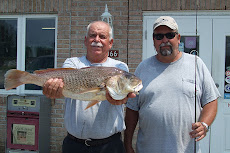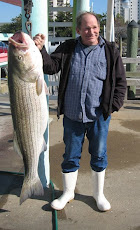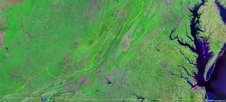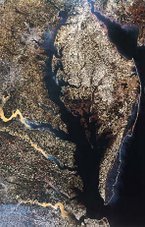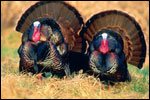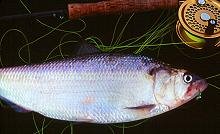| No-Net-Loss: Ensuring Future Generations A Place To Hunt |
| If there is one thing that threatens the future of hunting more than any other, it is the challenge of finding a place to hunt. More and more hunting land is being lost, either through development or because of restrictive regulations that preclude its use. Concerned hunters working together with NRA-ILA have found a solution: protect our public hunting lands with No-Net-Loss laws. Simply put, No-Net-Loss requires that states maintain at least the level of available public hunting land that currently exists. It requires that additional lands be opened to hunting if land that is currently open to hunting is closed. The end result is to assure hunters that the opportunities they now have will not diminish. No-Net-Loss laws have been enacted in Illinois, Arkansas, Florida, Louisiana, Maryland, Mississippi, West Virginia and Georgia, and NRA-ILA is actively pursuing similar legislation in Kansas. But states are only part of the problem, and offer only part of the solution. The federal government administers millions of acres of public land. Much of this land has traditionally been open to hunting. In order to keep those lands open to sportsmen, Senators Saxby Chambliss (R-GA), Ted Stevens (R-AK), Richard Burr (R-NC), James Inhofe (R-OK), John Sunnunu (R-NH) and Jim Bunning R-KY) have introduced the Hunting Heritage Protection Act (S. 408) to apply the No-Net-Loss policy to all federally administered land. Passage of S. 408 would mean that the amount of BLM, Forest Service, Wildlife Refuge and National Parks land that is now available for hunters will not diminish. NRA-ILA is pursuing similar legislation in the House of Representatives. Important Points About No-Net-Loss
|
Friday, October 10, 2008
No-Net-Loss: Ensuring Future Generations A Place To Hunt
Subscribe to:
Posts (Atom)
